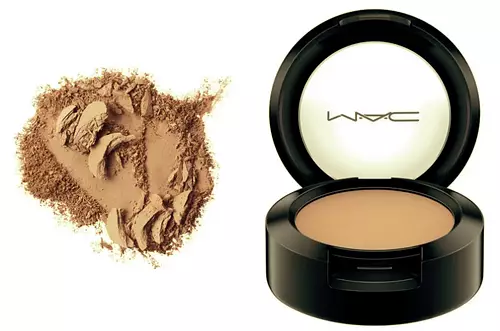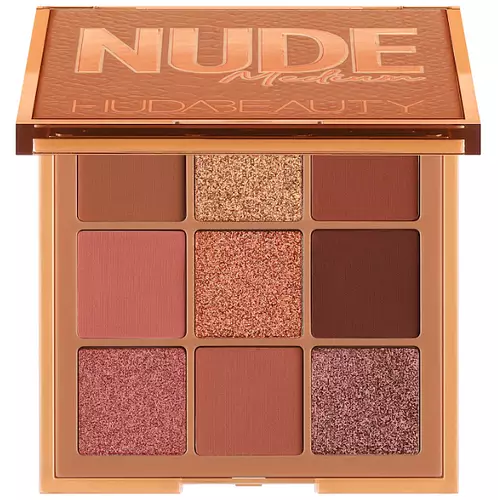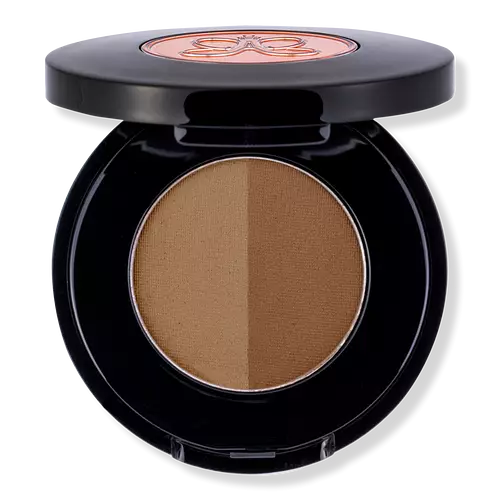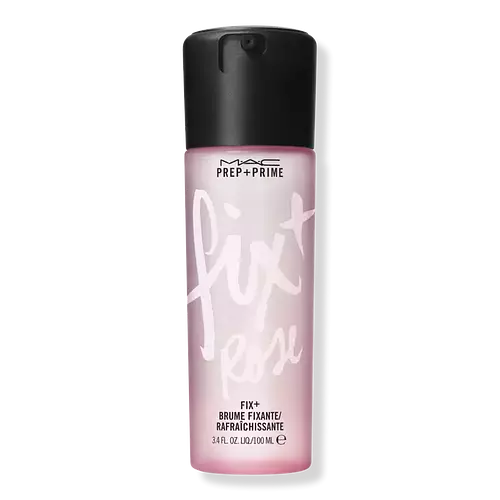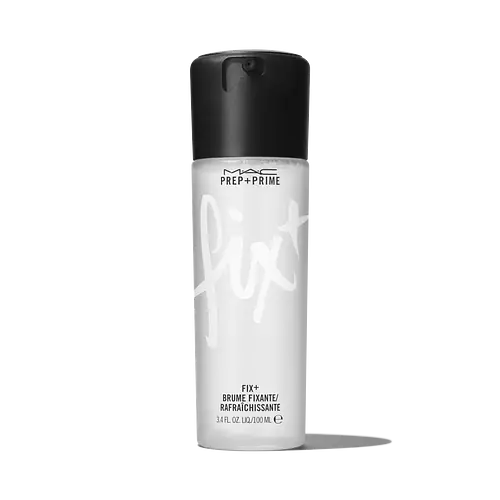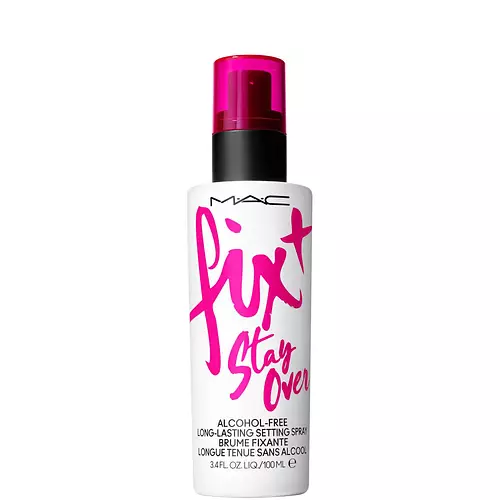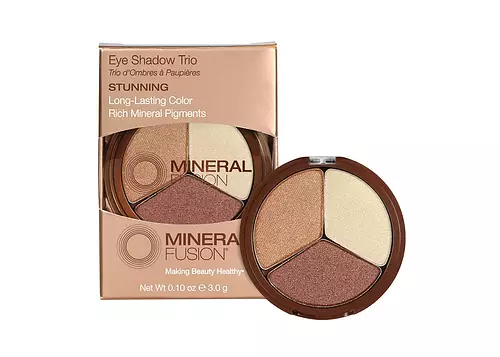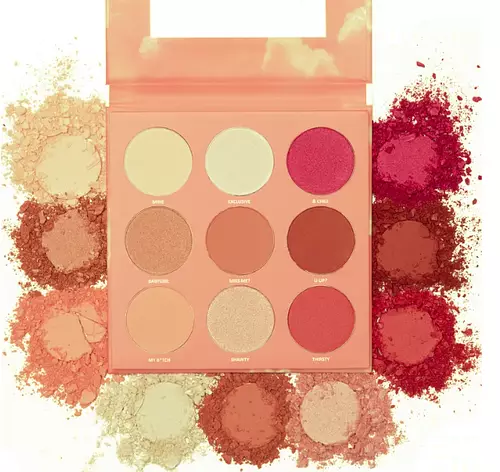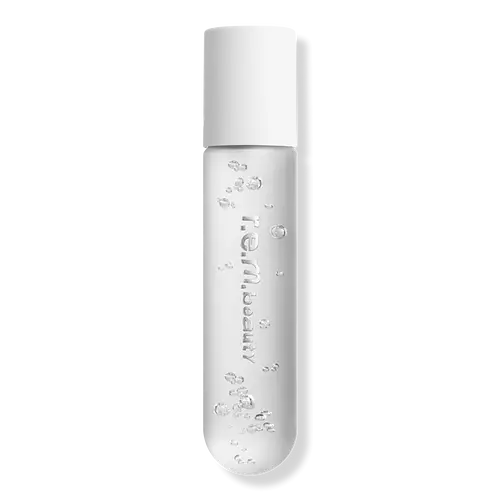
Mac Cosmetics Eyeshadow Ingredients Explained
Published on January 09, 2022 Submitted by MaritakeN
Overview
What it is
Eyeshadow with 21 ingredients that contains exfoliants and Vitamin E
Cool Features
It is reef safe
Suited For
It has ingredients that are good for brightening skin
Free From
It doesn't contain any harsh alcohols, common allergens, fragrances, oils, parabens, silicones or sulfates
Fun facts
Mac Cosmetics is from United States. This product is used in 1 routines created by our community.
We independently verify ingredients and our claims are backed by peer-reviewed research. Does this product need an update? Let us know.
Ingredient List (21)
You should know
Notable Ingredients
This product contains 1 ingredient that may have this attribute:
This product contains 1 ingredient that may have this attribute:
Benefits
This product contains 1 ingredient that may have this attribute:
Concerns
This product contains 1 ingredient that may have this attribute:
This product contains 1 ingredient that may have this attribute:
Ingredient Info
Alcohol Free
This product is free of harsh alcohols 🎉
Silicon Free
This product is free of silicons 🎉
Fragrance Free
This product is free of fragrances 🎉
Sulfate Free
This product is free of sulfates 🎉
Paraben Free
This product is free of parabens 🎉
Oil Free
This product is free of oils 🎉
Not Malassezia Safe
Ingredients in this product that are not malassezia safe:
Reef Safe
This product is free of ingredients that damage reefs 🎉
EU Allergen Free
This product is free of EU allergens 🎉
Non Vegan
This product is not vegan 😥
Not Cruelty Free
This product is not cruelty-free 😥
Ingredients Overview
Ingredients Explained
Talc is a clay mineral. It helps absorb moisture and improve the texture of products. Like other types of clay, Talc can have a slight exfoliating effect on skin. Talc can be added to increase the volume of products.
Some Baby powders are made by combining talc with corn starch. The word "talc" comes from Latin and originates from Arabic. Talc is a mineral commonly found throughout the world.
If you have any concerns about using talc, we recommend checking out the FDA's official page.
Learn more about TalcZinc Stearate is the metal salt of stearic acid. It is a white solid used to bind, thicken, and lubricate products.
This ingredient is common in powder makeup, where it helps keep the powder together.
Zinc Stearate is hydrophobic and repels water.
Learn more about Zinc StearateOctyldodecyl Stearoyl Stearate is created from stearic acid.
It is an emollient and thickens the lipid (oil) portion of a product. Due to its emollient properties, it may not be fungal-acne safe.
Isostearyl Neopentanoate comes from Isostearyl Alcohol and neopentanoic acid.
It is an emollient, meaning it helps moisturize the skin.
Tocopheryl Acetate is AKA Vitamin E. It is an antioxidant and protects your skin from free radicals. Free radicals damage the skin by breaking down collagen.
One study found using Tocopheryl Acetate with Vitamin C decreased the number of sunburned cells.
Tocopheryl Acetate is commonly found in both skincare and dietary supplements.
Learn more about Tocopheryl AcetateCaprylyl Glycol is a humectant and emollient, meaning it attracts and preserves moisture.
It is a common ingredient in many products, especially those designed to hydrate skin. The primary benefits are retaining moisture, skin softening, and promoting a healthy skin barrier.
Though Caprylyl Glycol is an alcohol derived from fatty acids, it is not the kind that can dry out skin.
This ingredient is also used as a preservative to extend the life of products. It has slight antimicrobial properties.
Learn more about Caprylyl GlycolHexylene Glycol is a surfactant. Glycols are a class of alcohols. Hexylene Glycol is a surfactant and emulsifier.
As a surfactant, Hexylene Glycol helps gather dirt and oil on your skin to be washed away.
As an emulsifier, Hexylene Glycol helps keep water and oil together. This prevents them from separating in a product. Hexylene Glycol also thins out the texture of a product by lessening viscosity.
Hexylene Glycol has a small molecular weight.
Learn more about Hexylene GlycolPhenoxyethanol is a preservative that has germicide, antimicrobial, and aromatic properties. Studies show that phenoxyethanol can prevent germ and microbial growth. By itself, it has a scent that is similar to that of a rose.
It's often used in formulations along with Caprylyl Glycol to preserve the shelf life of products.
Mica refers to a group of silicate minerals. Mica crystals are easily split to give products a shimmer. These crystals are able to reflect light to temporarily give your skin a glowy look.
Mica is found to be safe. Trace amounts of heavy metals may be found in mica, but these metals are not harmful in our personal products.
Mica has been used since prehistoric times throughout the world. Ancient Egyptian, Indian, Greek, Roman, Aztec, and Chinese civilizations have used mica.
Mica can be naturally found throughout the world. However, some sources of mica may be controversial. In 2016, mica mined in the Jharkhand state in India was found to be using child labor. However, companies are able to source ethical mica affiliated with international organizations that monitor the mica supply chain.
Learn more about MicaCi 77891 is a white pigment from Titanium dioxide. It is naturally found in minerals such as rutile and ilmenite.
It's main function is to add a white color to cosmetics. It can also be mixed with other colors to create different shades.
Ci 77891 is commonly found in sunscreens due to its ability to block UV rays.
Learn more about CI 77891Ci 77492 is also hydrated iron III oxide. It's sole purpose is to give a yellow hue to products.
Iron III oxides are classified as inorganic chemicals for coloring.
Synthetically created Ci 77492 is considered safer than those naturally found. This is because the synthetically created version may contain less impurities. Iron oxides are generally non-toxic and non-allergenic.
Learn more about CI 77492This synthetic powder is used to add a pearly/white color in cosmetics.
Ci 42090 is a synthetic dye created from petroleum. It is used to give a bright blue color to cosmetics, medicine, and food.
Ci 75470 is a bright-red pigment. It is AKA carmine.
Carmine is derived from insects such as the cochineal beetle. This ingredient has been used as a natural dye for over 2000 years.
Ci 16035 is a synthetic dark-red dye. This dye is created from an acid called Allura red AC, an azo dye.
Azo dyes need to be purified thoroughly before use. This makes them more stable and longer lasting.
This dye is commonly used in foods, approved by both the FDA and EFSA.
Learn more about CI 16035This pigment is called Ultramarine blue lazurite. It gives a saturated blue color, but can be used to create other colors as well.
According to the manufacturer, it is usually made from kaolin, sodium sulfate, sodium carbonate, sulfur, and charcoal.
Ci 19140 is also known as Tartrazine. Tartrazine is a synthetic dye used in cosmetics, foods, and medicine to add a yellow color.
Tartrazine is created from petroleum and is water-soluble.
Some people may experience allergies from this dye, especially asthmatics and those with an aspirin intolerance.
Learn more about CI 19140Beautiful widgets for your website
Here's what our community thinks of the 21 ingredients in this product ✨
When to use
Here's some more info on how this product is used by our community.
When to use
We're dedicated to providing you with the most up-to-date and science-backed ingredient info out there.
The data we've presented on this page has been verified by a member of the SkinSort Team.
Read more about usCompared With
Here are some products that Mac Cosmetics Eyeshadow Shade Brun is often compared with.
Want to compare it with a different product? Head on over to our comparisons tool and you can!



